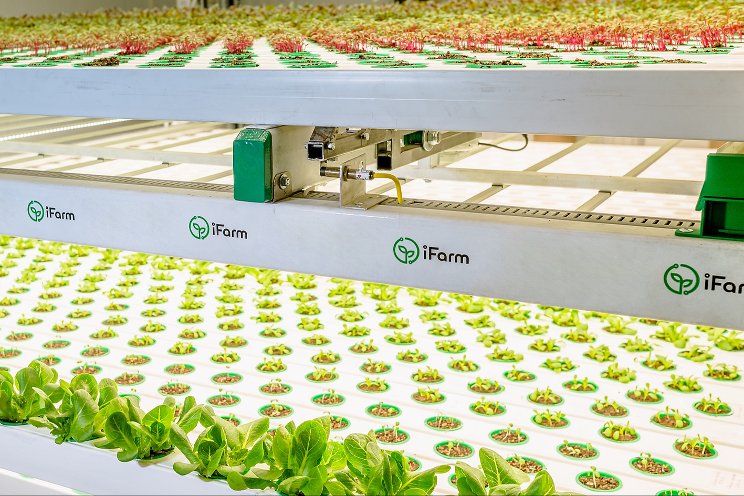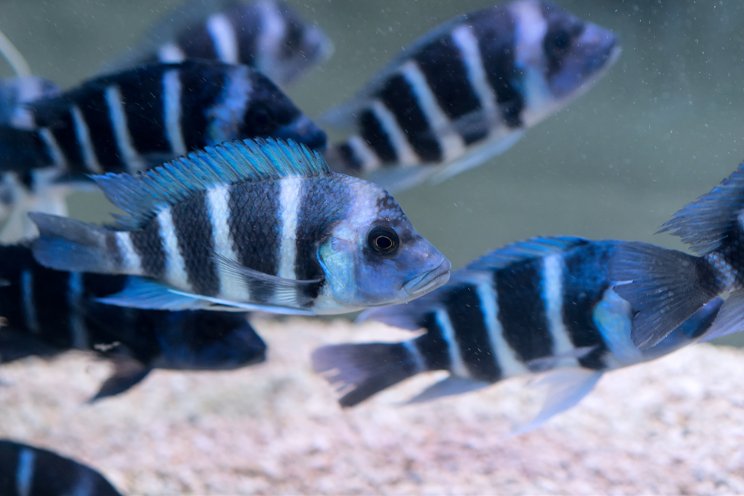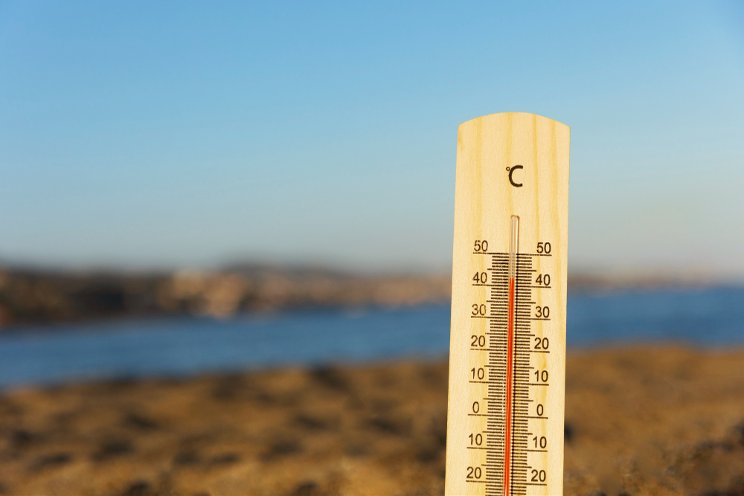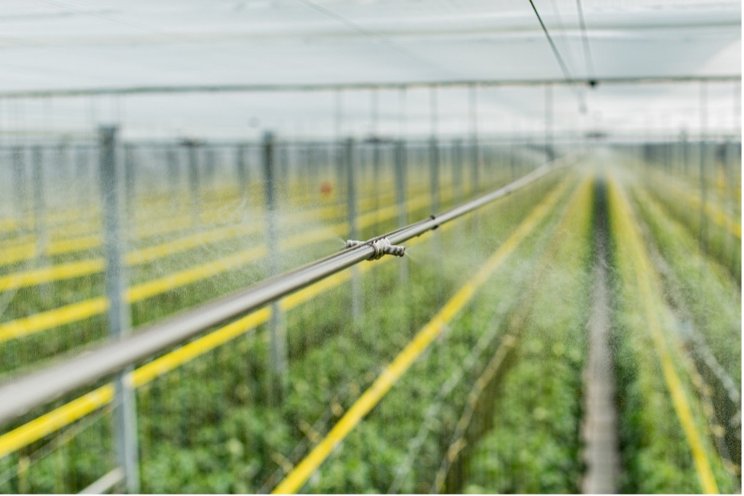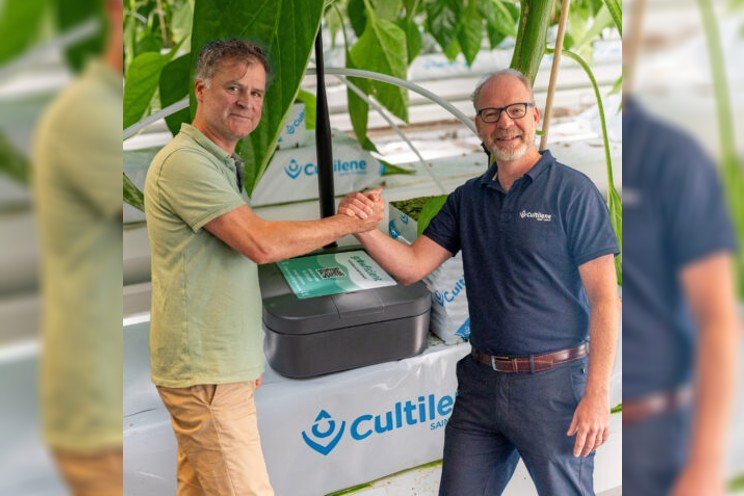Soaps & oils: tools for your IPM program
Added on 06 October 2022
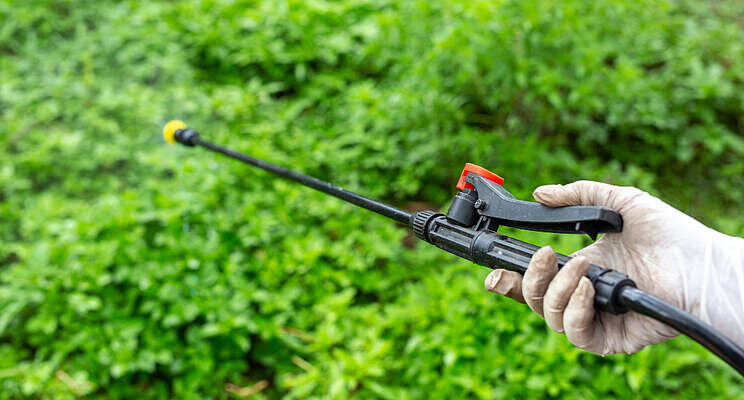
Insecticidal soaps and horticultural oils are pesticides (insecticides, miticides and fungicides) that can be used in greenhouse vegetable crop production systems to manage populations of certain insect and mite pests, and even prevent fungal infections. Insecticidal soaps and horticultural oils are contact pesticides, and thorough coverage of all plant parts is important to ensure contact with pests. Repeat applications will be required due to the short residual activity of these soaps and oils. They are commonly used as surfactants to reduce the surface tension of water, which increases coverage by enhancing the spread of the spray particles over the leaf surface.
A benefit of insecticidal soaps and horticultural oils is their low mammalian toxicity (high LD50), meaning there are less harmful effects associated with human exposure. The probability of insect and/or mite pest populations developing resistance to insecticidal soaps and horticultural oils is very low due to their multiple modes of action.
Insecticidal soaps and horticultural oils can be incorporated into rotation programs to reduce the development of resistance to other pesticides. They may inhibit the ability of aphids to acquire viruses from plants, which may reduce transmission and subsequent spread of viruses to other plants. Insecticidal soaps and horticultural oils have the potential to injure plants, which may be influenced by temperature, relative humidity and stage of plant growth. Always water plants the day or night before applying these soaps and oils to minimize plant injury.
Insecticidal soaps
Soft-bodied insect and mite pests, such as aphids, mealybug nymphs, thrips, whiteflies and spider mites are susceptible to soap applications. In general, insecticidal soaps have minimal activity on beetles and other hard-bodied insects due to the insect's thickened cuticle, which inhibits penetration of the soap solution. Insecticidal soaps are only effective when insect and mite pests come into contact with wet sprays. Dried residues on plant surfaces have minimal (if any) activity on insect or mite pests because the residues degrade rapidly. Insecticidal soaps are most effective on larvae, nymphs and adults of soft-bodied insects and mites with minimal activity on eggs.
Image by jcomp on Freepik
Source: Produce Grower
More news
